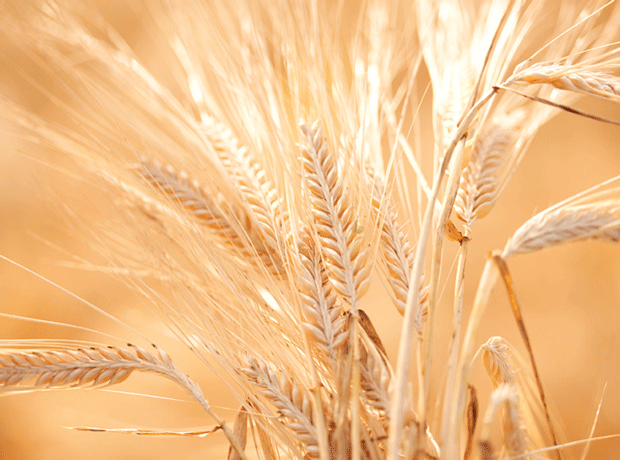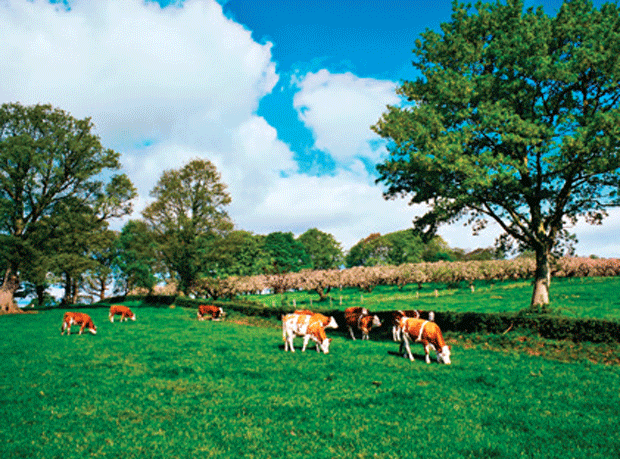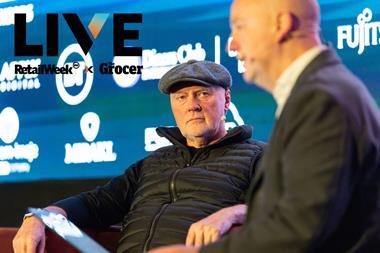
Today marks the day that Britain’s home-grown foodstuffs would run out, if all the food produced in Britain was stored and eaten from 1 January.
The message comes from the National Farmers’ Union, which is warning that Britain is producing only 62% of the food it eats, and needs to become more self-sufficient. It is calling on the British public, politicians and food industry to sign a new charter backing British farming.
“To think that today’s date would signal the time when our domestic food supply runs out is frankly alarming,” said NFU president Peter Kendall. “It says to me that we must act. As an industry we have had a challenging decade but the realisation has dawned that as a nation we can’t simply go around the world chasing the cheapest deal for our food.
“Right across the board farmers have a fantastic natural capacity to produce more British food, given the right market signals and the confidence to invest”
Peter Kendall, NFU
“Instead we need to look closer to home. Right across the board farmers have a fantastic natural capacity to produce more British food, given the right market signals and the confidence to invest.
“We have the right technologies to produce more from less,” Kendall added, citing methods such as precision farming, laser weed killers and crops grown under cover.
The NFU cited a poll suggesting that 78% of consumers wanted supermarkets to stock more British food and drink.
“Consumers are increasingly showing their support for British farming and are our best ally. I would ask them to continue showing their support by demanding of their local supermarket, restaurant, or MP – what are you doing to Back British Farming?” Kendall added.
The Back British Farming Charter calls for commitments from the government to support farmers; chefs and restaurants to source more British food; retailers to stock more home-grown produce; and consumers to buy British.
The UK’s self-sufficiency rate in food was as high as 75% in 1991, but has declined over time, in part thanks to a fall in domestic beef and pork production.
The National Pig Association threw its support behind the NFU’s campaign. “Around 60% of the pork products we eat in this country — including bacon, sausages and ham — are imported through sometimes tortuous supply chains,” said NPA general manager Zoe Davies.
“With a bit of encouragement, our pig farmers could be persuaded to gently step up production and the whole country will benefit as a result.”
Waitrose support
Waitrose’s director of agriculture Heather Jenkins added her support to the Back British Farming Campaign: “It’s great to see to see the NFU championing British food and short supply chains – something we have done for many years. Central to the way we source all our food is our British focused best in season policy.
“We must acknowledge that increasingly difficult weather patterns continue to be an issue for farmers and yield and availability of supplies can be challenging. We work hard to help our British growers cope with the unusual conditions through our agronomy group and producer groups.”

















5 Readers' comments